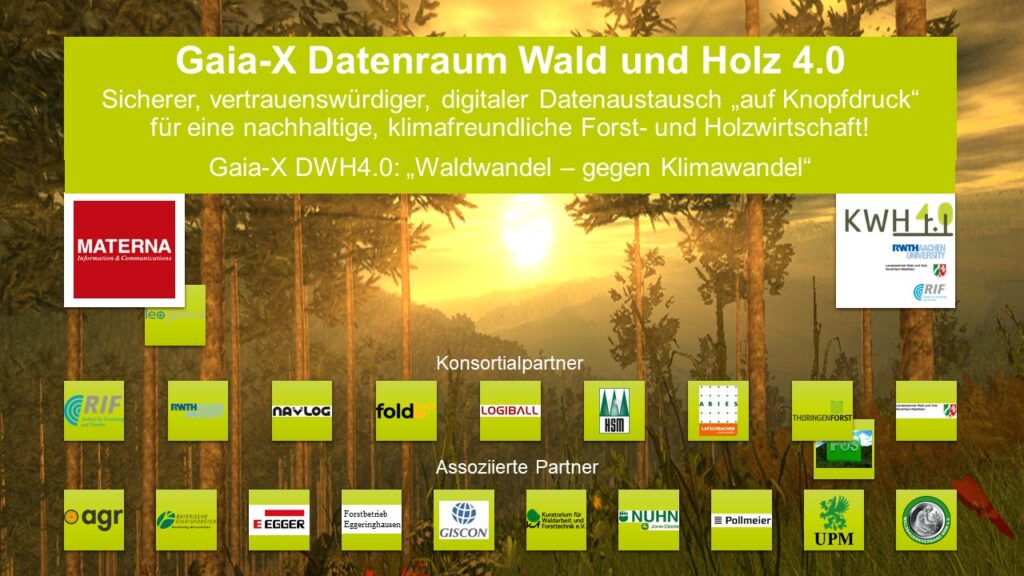Kategorie: ‘Information, Kommunikation und Elektronik’
Rayleigh Medal für Professor Michael Vorländer/ Rayleigh Medal for Professor Michael Vorländer
The Institute of Hearing Technology and Acoustics is proud to announce that Professor Michael Vorländer has recently been awarded the prestigious Rayleigh Medal, the highest award of the Institute of Acoustics. Therefore, we from the Faculty of Electrical Engineering and Information Technology also say, congratulations!
The Rayleigh Medal is the highest award of the Institute of Acoustics and is given without regard to age to individuals who have made outstanding contributions to acoustics. The medal is named for John William Strutt, Third Baron Rayleigh (1842-1919), a highly versatile physicist who conducted both experimental and theoretical research in virtually all areas of the field. His book The Theory of Sound remains a landmark in the development of acoustics.
With this award, Michael joins a list of very well-known acousticians such as Manfred Schröder, Hugo Fastl, Leo Beranek, and his predecessor Heinrich Kuttruff who have also been awarded this medal.
CARL – Interdisciplinary Research Institution in Aachen
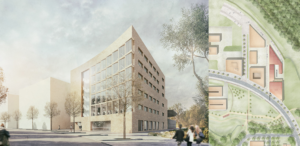
Copyright: KSG
A center for fundamental research into the ageing of battery materials and power electronic systems is currently being established at RWTH Aachen University. The “Center for Ageing, Reliability and Lifetime Prediction of Electrochemical and Power Electronic Systems“, CARL for short, is an interdisciplinary research facility where staff from ten core professorships and around 20 other chairs and institutes at RWTH Aachen and Forschungszentrum Jülich can conduct groundbreaking research. These include scientists from the disciplines of chemistry, physics, mathematics, computer science, materials science, mechanical and electrical engineering. The question of service life is essential when considering economic viability. For instance, this is important for car manufacturers, depreciation periods, warranties and to be able to assess reliability as part of functional safety.
(Deutsch) Mobilfunkexpertise in Nordrhein-Westfalen – BMBF wählt 6G-Forschungs-Hubs aus
RWTH spin-off acquired – Silexica now belongs to Xilinx Inc.
 RWTH spin-off Silexia, founded in 2014 at the Institute for Communication Technologies and Embedded Systems, was acquired this past week by Xilinx, Inc. the current market leader in adaptive computing. Founded by Maximilian Odendahl, Johannes Emigholz, Dr. Weihua Sheng, Prof. Jeronimo Castrillon and Prof. Rainer Leupers within the UMIC Cluster of Excellence, the start-up was initially funded through the BMBF’s EXIST- program, and early industrial technology sponsors included Huawei and Samsung. Since then, the company has raised a total of around US$28 million from international investors and has become a leading provider of C/C++ programming and analysis tools for multicore and FPGA system-on-chip architectures.
RWTH spin-off Silexia, founded in 2014 at the Institute for Communication Technologies and Embedded Systems, was acquired this past week by Xilinx, Inc. the current market leader in adaptive computing. Founded by Maximilian Odendahl, Johannes Emigholz, Dr. Weihua Sheng, Prof. Jeronimo Castrillon and Prof. Rainer Leupers within the UMIC Cluster of Excellence, the start-up was initially funded through the BMBF’s EXIST- program, and early industrial technology sponsors included Huawei and Samsung. Since then, the company has raised a total of around US$28 million from international investors and has become a leading provider of C/C++ programming and analysis tools for multicore and FPGA system-on-chip architectures.
2020 Best Paper Award of the IEEE Open Access Journal of Power and Energy
Univ. Prof. Ferdinanda Ponci, Teaching and Research Field Monitoring and Distributed Control for Energy Systems, and Univ. Prof. Antonello Monti, Head of ACS and Chair of Automation of Complex Power Systems, have received the 2020 Best Paper Award of the IEEE Open Access Journal of Power and Energy for their publication “A benchmark system for hardware-in-the-loop testing of distributed energy resources”.
IEEE 2020 Best Papers and Outstanding Reviewers
Profile Area Information & Communication Technology
The Profile Area Information and Communication Technologies (ICT) plays an important role in all global challenges the institutional strategy of RWTH Aachen University addresses. Major topics of ICT such as Smart Systems, eHealth & AAL, Wireless Communication or Data Mining have an enormous research potential and a considerable practical relevance. On the following pages you will find detailed information about our objectives, issues, activities and results.
Audiovisual Virtual Worlds made in Aachen
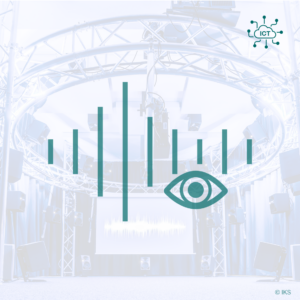
Virtual reality (VR) is increasingly becoming a powerful and realistic tool for scientific and industrial applications. With it, “living” virtual worlds can be created. Users can interact with virtual agents (VAs). Convincing and dialogue-capable VAs are only conceivable through the realistic visual and acoustic reproduction of human behaviour.
In the profile area “Information & Communication Technology”, the Institute for Technical Acoustics and the Teaching and Research Area of Virtual Reality and Immersive Visualisation at RWTH are developing methods and algorithms for an audiovisual simulation of virtual worlds and especially VAs. The special feature here is the prioritisation of acoustic simulation.
The AUDICTIVE priority program, coordinated by RWTH professor Janina Fels, also deals with this topic and brings together the disciplines of cognitive psychology, acoustics and computer science.
Energy-Efficient Artificial Intelligence
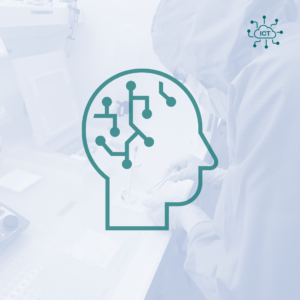
A revolution in computer architecture – this is what scientists at RWTH are working on, among others, in the Information & Communication Technology (ICT) Profile Area.
Today’s computers are not powerful enough for many artificial intelligence (AI) applications. They consume too much energy for complex pattern recognition tasks. New types of “neuromorphic” computers promise significantly improved energy efficiency and performance: they are based on the architecture of the highly efficient human brain.
The brain handles cognitive applications and pattern recognition much more energy-efficiently than conventional computers. Pattern recognition requires handling very large amounts of data in real time. The analysis of these data sets (Big Data) is a central building block of cognitive functions that dominate all AI applications, such as autonomous driving, the Internet of Things or smart cities
From Hardware Trojan to Blackout
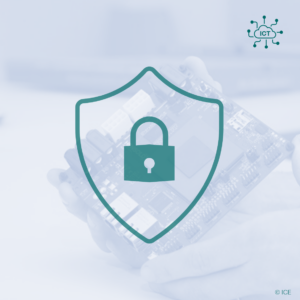
Prof. Leupers, Chair for Software for Systems on Silicon, and Prof. Monti, Chair of Automation of Complex Power Systems at the E.ON Energy Research Center, are researching new cyber security methods for energy networks and microprocessors.
By exploiting security holes in the operating system, attackers are able to take unauthorised control of the system, spy on data or paralyse the system. Recently, there have even been attacks on the hardware of computer systems, especially on the processor. The energy supply is also increasingly targeted by attacks: by manipulating the infrastructure as well as falsifying the measurement results, the regulation of the network can be permanently disrupted.
This problem is to be solved by a “Phasor Management Unit”, which serves to regulate renewable energies in the power grid and withstands attacks. Since the technical possibilities of attackers will continue to improve, the topic of hardware security will remain relevant to research.
Panning Beams and High Data Rates
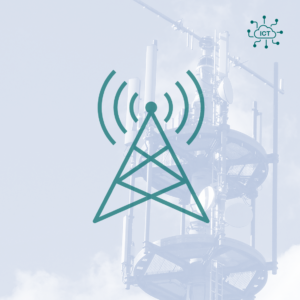
Mobile internet: the possibility of surfing on the move with high quality and speed. This is leading to a growing demand for higher data transfer rates. To this end, mobile network operators are expanding their networks and introducing new mobile radio standards. Compliance with immission protection limits for high-frequency electromagnetic fields is of decisive importance here.
Scientists at the Institute of High Frequency Technology at RWTH Aachen University are conducting research to determine and estimate the immission caused by new mobile radio technologies. The focus is on the compatibility of immissions of electromagnetic fields with the environment and especially with humans. One of the new technical possibilities is the use of massive “multiple input multiple output”.
With this, signals can be strongly bundled and radiated in so-called beams. In this way, users can be supplied with high signal strengths up to the edge of the radio cell and at the same time the interference of other users can be reduced.
Source: ICT Science Magazine – You can find more information on these topics there.
IKS Startup – Elevear
Digital ear-opening – Hearing aids and other hearables often cause wearers to perceive their own voice in a distorted way, and chewing, swallowing, and even walking also generate unpleasant noise. The reason for this is the so-called occlusion effect, which occurs when headphones or hearing aids close off the auditory canal. This problem is addressed by the startup Elevear, which emerged from the Institute for Communication Systems and was successfully founded by Stefan Liebich, Johannes Fabry, Raphael Brandis, and Elfed Howells on February 4, 2021. Their Occlear® technology suppresses the occlusion effect and allows natural voice perception.
The project has already received the RWTH Innovation Award in 2019 and was accepted into the RWTH Incubation Program in January 2021 as one of twelve outstanding founding teams.
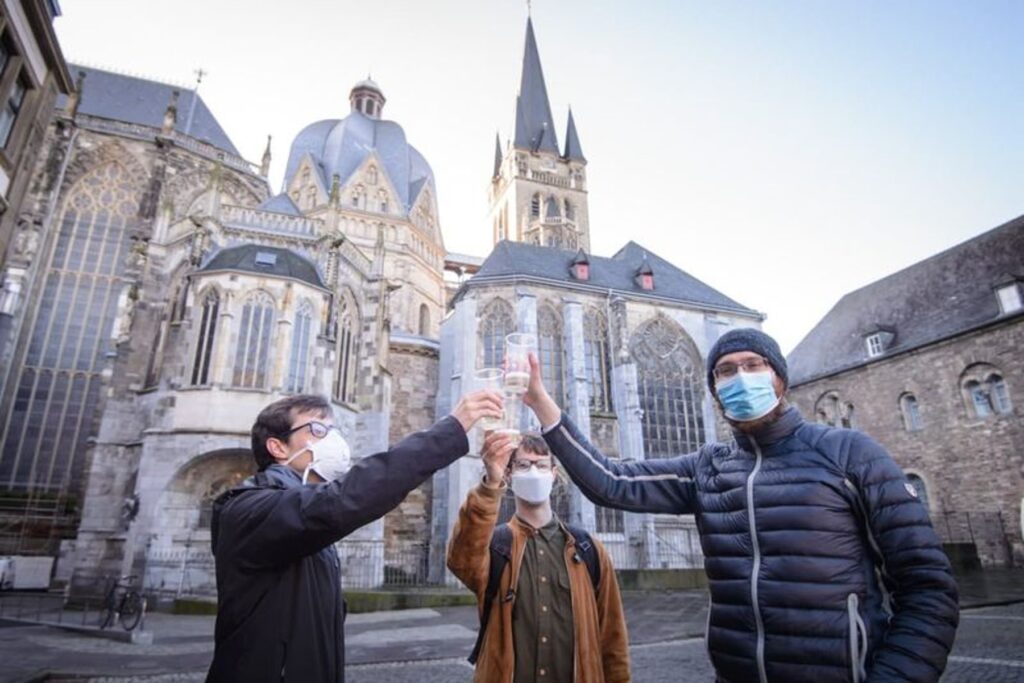
Master Thesis at the IEM is promoted by the Hermann Voss Foundation
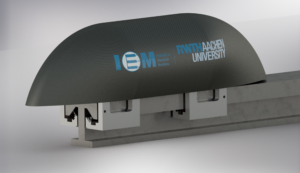
CAD-Drawing– IEM
In November 2020, a master’s thesis was started at the IEM on the topic of “Development and Construction of a Highspeed Actuator System and Track for a Maglev Train Model on a Scale of 1:20”.
The aim is to further develop the 1:20 scale magnetic train model existing at the IEM. To this end, the test track is to be extended to include a combination of a linear asynchronous machine in short stator design and a linear synchronous machine in long stator design, taking into account the structural conditions of the test hall. The levitation operation is realized with so-called hybrid actuators, which consist of a combination of electric and permanent magnets.
The six-month implementation of this master’s thesis is supported by the Hans Hermann Voss Foundation – in particular, the material costs for the prototype are financed. The foundation supports master’s theses by RWTH students who conduct research in one of the university’s profile areas and whose work contributes to solving application-related problems.
Stefan Dähling and Sonja Happ: Winning the Best Paper Award in the IET Cyber-Physical Systems: Theory & Applications
Congratulations to Stefan Dähling and Sonja Happ for winning the Best Paper Award in the IET Cyber-Physical Systems: Theory & Applications for the paper:
Stefan Dähling ; Sonja Kolen ; Antonello Monti, ‘Swarm-based automation of electrical power distribution and transmission system support’, Volume 3, Issue 4, December 2018, p. 212 – 223


